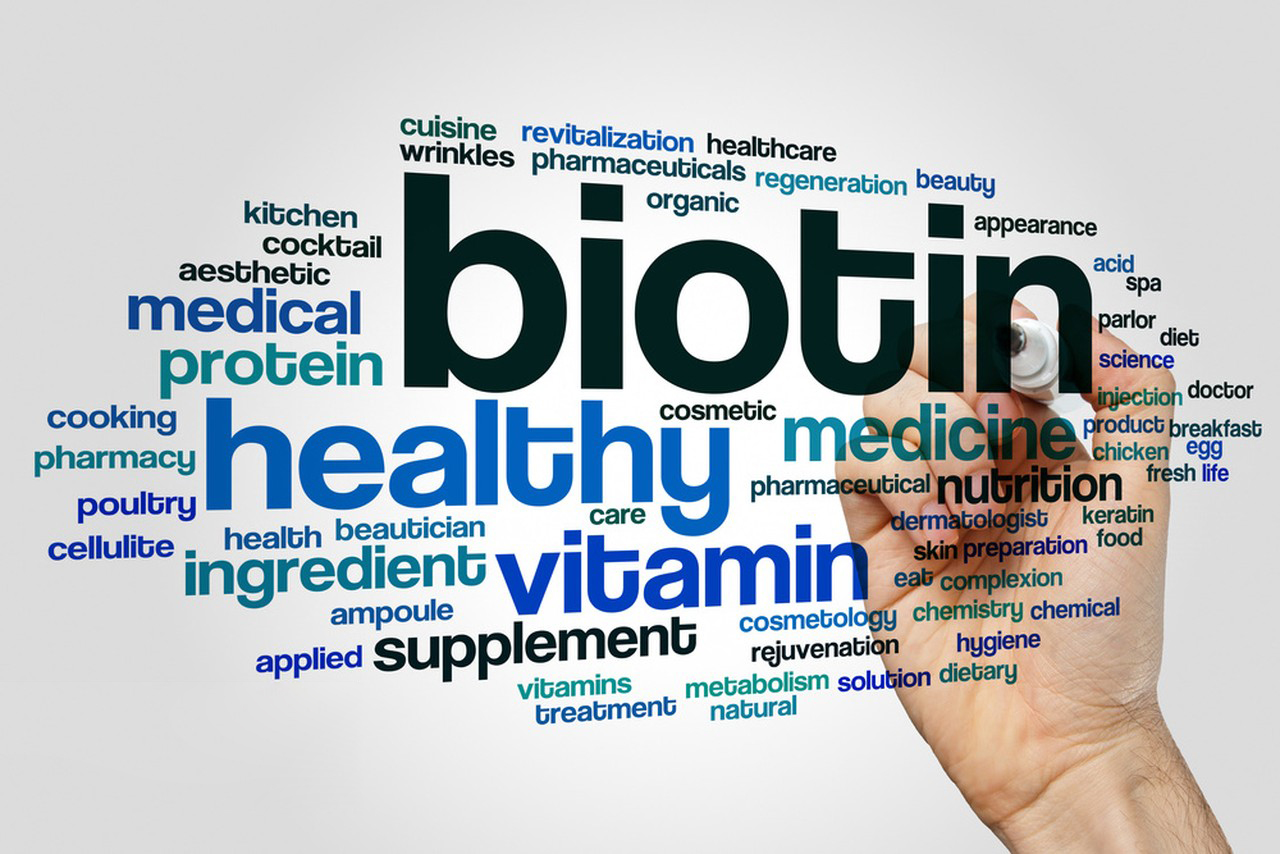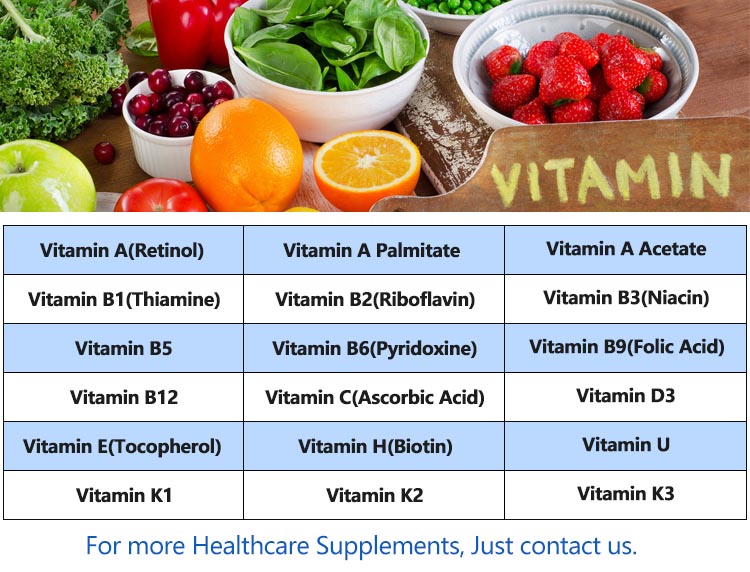Biotin, also known as vitamin B7 or vitamin H, is a water-soluble B-vitamin that plays a crucial role in various bodily functions. While its benefits are well recognized, it’s important to note that biotin deficiency is relatively rare, as it’s commonly found in a variety of foods. Here are some potential benefits of biotin:
- Healthy Skin, Hair, and Nails: Biotin is often associated with promoting healthy skin, hair, and nails. It plays a role in the production of keratin, a protein that forms the structural basis of these tissues. Some people take biotin supplements to support stronger nails, thicker hair, and smoother skin.
- Metabolism Support: Biotin is involved in several metabolic processes, including the breakdown of macronutrients (carbohydrates, fats, and proteins) into energy. It helps enzymes function properly, aiding in the metabolism of these nutrients.

- Blood Sugar Regulation: Biotin may contribute to maintaining healthy blood sugar levels by improving the body’s utilization of glucose. Some research suggests that biotin could potentially play a role in managing type 2 diabetes.
- Pregnancy and Breastfeeding Support: Biotin is important during pregnancy and breastfeeding to support fetal development and the health of both the mother and baby. However, pregnant and breastfeeding women typically obtain the necessary biotin from a balanced diet.
- Neurological Function: Biotin is involved in the production of neurotransmitters, which are essential for proper brain function. While more research is needed, some studies suggest that biotin may have a role in maintaining cognitive health.
- Cardiovascular Health: Biotin is thought to contribute to cardiovascular health by supporting the metabolism of fats and cholesterol. However, more research is needed to fully understand its impact on heart health.
- Multiple Sclerosis (MS) Management: Some studies have explored the potential use of high-dose biotin (also known as MD1003) as a treatment for progressive multiple sclerosis. However, research is ongoing, and this is not yet a widely accepted treatment.
It’s worth noting that while biotin supplements are available over-the-counter and marketed for various health benefits, excessive biotin consumption can interfere with certain lab tests, leading to inaccurate results. It’s important to consult a healthcare professional before adding biotin supplements to your routine, especially if you’re taking medications or have underlying health conditions.
Most people can obtain sufficient biotin from a balanced diet that includes foods like eggs, nuts, seeds, legumes, whole grains, and certain vegetables like sweet potatoes.
Applications of Biotin
Biotin, also known as vitamin B7 or vitamin H, is a water-soluble B-vitamin that plays a crucial role in various metabolic processes within the body. It is involved in the metabolism of carbohydrates, fats, and amino acids, and it is essential for maintaining healthy skin, hair, and nails. Biotin also functions as a coenzyme in several enzymatic reactions, particularly those related to the synthesis of fatty acids, glucose, and certain amino acids.
Clinical applications of biotin include:
- Hair, Skin, and Nail Health: Biotin is often used in supplements to improve the health and appearance of hair, skin, and nails. It is believed to strengthen brittle nails, promote hair growth, and maintain healthy skin. However, the scientific evidence supporting these claims is limited and mixed.
- Metabolic Disorders: Biotinidase deficiency is a rare inherited metabolic disorder where the body cannot effectively recycle biotin. This deficiency can lead to various neurological and developmental problems. Biotin supplementation is a standard treatment for individuals with biotinidase deficiency to prevent and manage these issues.
- Diabetes: Some studies suggest that biotin might help improve blood sugar control in people with type 2 diabetes. Biotin is involved in glucose metabolism, and supplementation may contribute to better insulin sensitivity. However, more research is needed to establish its effectiveness in diabetes management.
- Neurological Disorders: Biotin has been explored as a potential treatment for certain neurological disorders, such as multiple sclerosis and certain forms of neuropathy. Some studies have suggested that high-dose biotin might have a positive impact on these conditions, but more research is necessary to confirm these findings.
- Pregnancy and Lactation: Biotin requirements may increase during pregnancy and lactation. Biotin supplements are sometimes recommended to support the increased metabolic demands during these periods.
- Supporting Certain Medications: Biotin supplements are sometimes used in individuals taking certain medications that can deplete biotin levels, such as certain anticonvulsants and long-term antibiotic use.

It’s important to note that while biotin is generally considered safe when taken within recommended doses, very high doses of biotin supplements (megadoses) have been associated with interference in certain laboratory tests, leading to inaccurate results. This is particularly relevant for blood tests that use biotin-streptavidin technology, which is common in many clinical labs.
As with any supplement or treatment, it’s crucial to consult with a healthcare professional before using biotin or any other dietary supplement, especially if you have underlying health conditions or are taking other medications. They can help determine if biotin supplementation is appropriate for your specific situation and guide you on the correct dosage.
